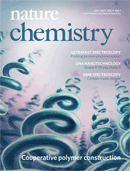 For the first time in its eight-year history, Nature Chemistry has retracted a paper, citing “data integrity issues.”
For the first time in its eight-year history, Nature Chemistry has retracted a paper, citing “data integrity issues.”
The 2010 paper, which explored how various iron-based molecules interact with water and ethanol, was withdrawn after the authors uncovered possible duplication in two images.
According to the retraction notice, the authors could not provide the raw data to confirm their findings and could not reproduce the figures because the experimental set-up had been dismantled. The authors subsequently requested the paper be retracted because the issues undermined “our full confidence in the integrity of the study.”
Here’s the retraction notice for “Charge transfer to solvent identified using dark channel fluorescence-yield L-edge spectroscopy”: Continue reading Nature Chemistry issues its first retraction

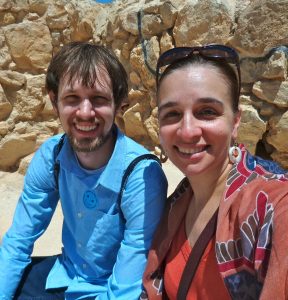
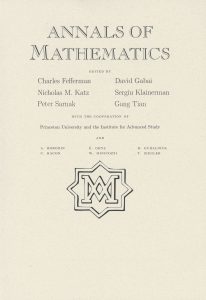
 Journals have posted two corrections alongside papers by
Journals have posted two corrections alongside papers by 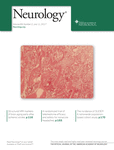 A patient’s “unusual” brain cyst excited several researchers in China so much they published a paper about it in a major journal. Soon a reader identified a glaring mistake: the authors had described the cause of the cyst incorrectly.
A patient’s “unusual” brain cyst excited several researchers in China so much they published a paper about it in a major journal. Soon a reader identified a glaring mistake: the authors had described the cause of the cyst incorrectly. 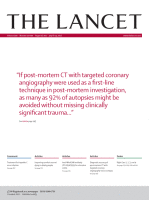

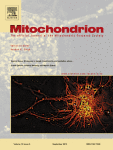 After
After 